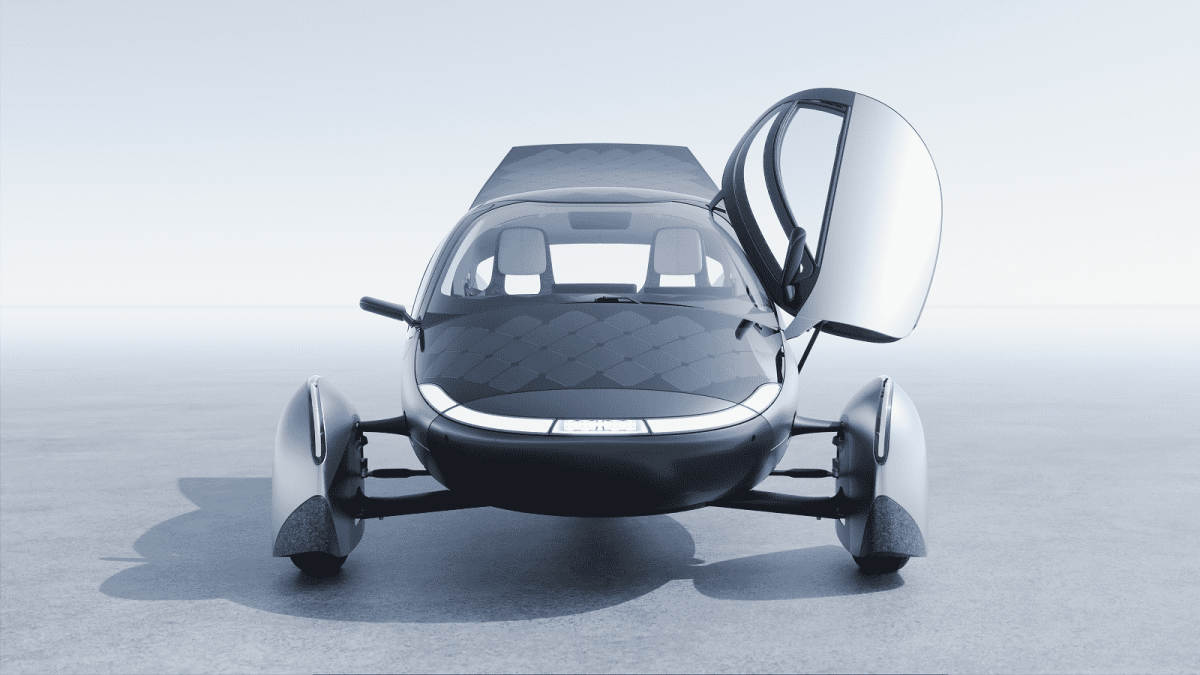And so the question arises: Will solar-powered cars eclipse everything else in the automotive industry? With the increasing concerns over climate change and the push for more sustainable transportation options, solar-powered cars have emerged as a promising solution. These cars are equipped with solar panels that harness the power of the sun to generate electricity, reducing the reliance on fossil fuels and minimizing carbon emissions.
One of the main advantages of solar-powered cars is their renewable energy source. Unlike traditional gasoline-powered cars that rely on finite fossil fuels, solar-powered cars can continuously harness energy from the sun, making them a more sustainable option in the long run. Additionally, solar energy is cleaner and more environmentally friendly compared to fossil fuels, which emit harmful pollutants into the air. By adopting solar-powered cars, we can significantly reduce our carbon footprint and contribute to a greener, cleaner planet.
Furthermore, solar-powered cars offer a more cost-effective option for consumers. While the initial cost of purchasing a solar-powered car may be higher than a traditional gasoline-powered car, the long-term savings are substantial. With lower fuel costs and minimal maintenance requirements, solar-powered cars can help consumers save money in the long run. Additionally, with advancements in solar technology, the efficiency and affordability of solar panels continue to improve, making solar-powered cars a more viable option for consumers.
In addition to their environmental and cost-saving benefits, solar-powered cars also offer increased energy independence. With solar panels installed on the car, drivers can generate their own electricity, reducing their dependence on external power sources. This not only provides a sense of autonomy but also ensures a more reliable source of energy, especially in remote areas where traditional charging stations may be scarce. By embracing solar-powered cars, we can move towards a more decentralized energy system and reduce our reliance on centralized power grids.
Despite these advantages, there are still challenges that need to be addressed for solar-powered cars to become mainstream. One of the main obstacles is the limited range and efficiency of current solar panels. While advancements in solar technology have improved the efficiency of solar panels, they still struggle to generate enough power to support the energy demands of a car. Additionally, the limited surface area available for solar panels on a car restricts the amount of energy that can be harnessed, further limiting the car’s range.
Another challenge is the lack of infrastructure to support solar-powered cars. Unlike gasoline-powered cars that can refuel at gas stations, solar-powered cars require charging stations equipped with solar panels. These charging stations are still limited in number and may not be readily available in certain areas, making it difficult for drivers to rely solely on solar power. In order for solar-powered cars to become more widespread, there needs to be a significant investment in building out the necessary infrastructure to support them.
In conclusion, while solar-powered cars hold great promise in reducing carbon emissions and promoting sustainability, there are still challenges that need to be overcome. With continued advancements in solar technology and investments in infrastructure, solar-powered cars have the potential to eclipse everything else in the automotive industry. By harnessing the power of the sun, we can drive towards a brighter and more sustainable future for generations to come.
